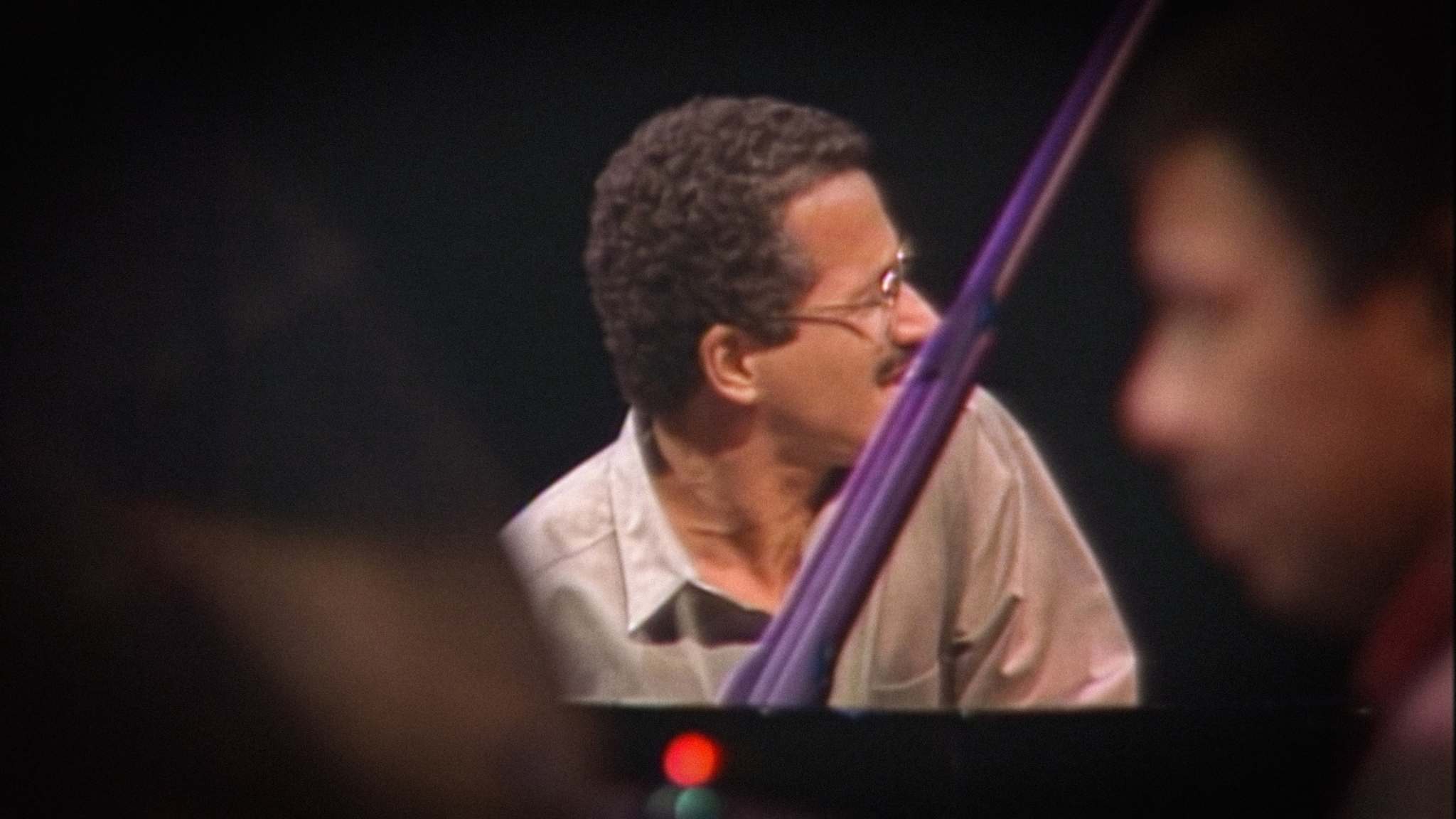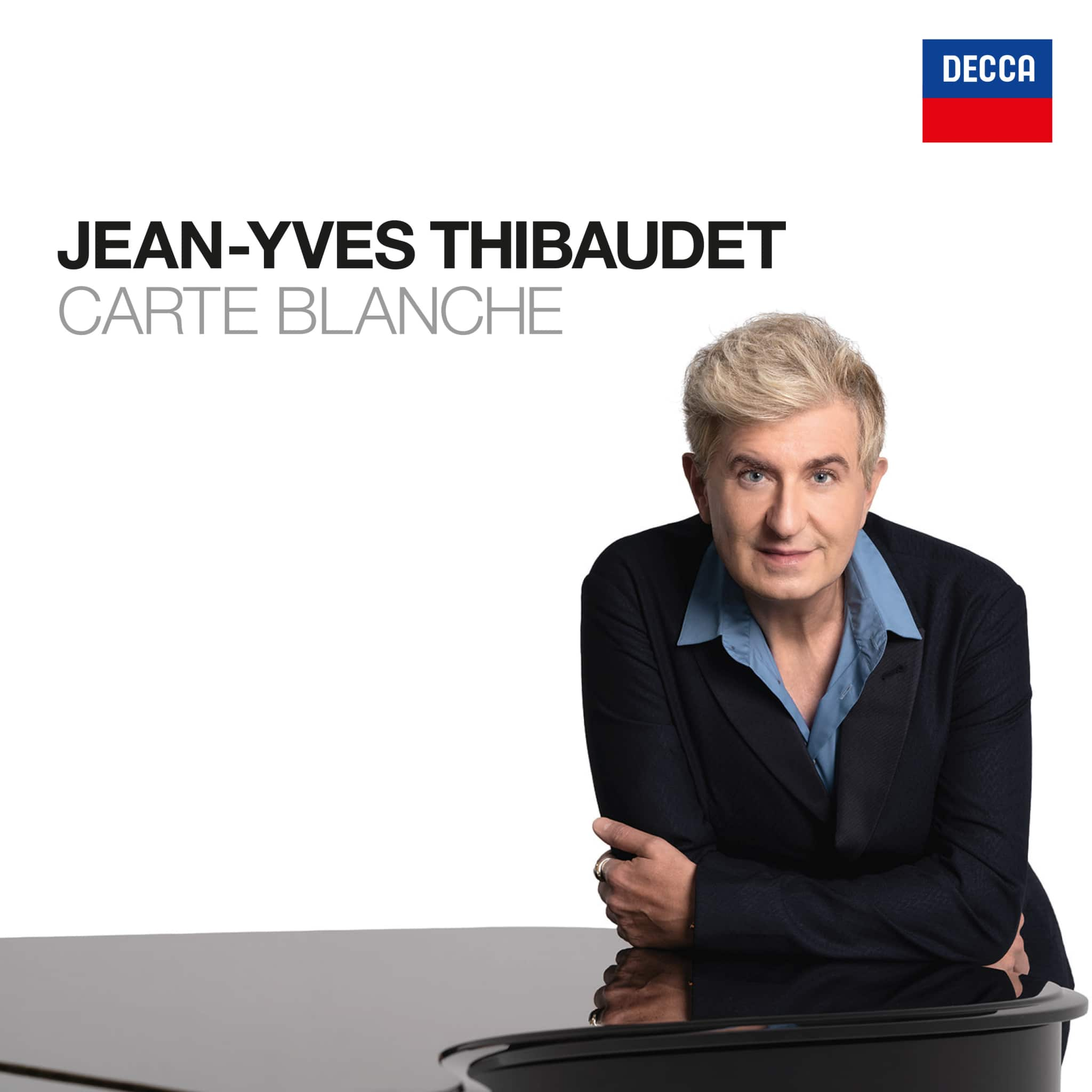Leigh Harline: A Profile of His Fascinating Works
Leigh Harline (1907–1969) was an American film composer and songwriter celebrated for his sophisticated musical style and memorable contributions to classic cinema, particularly during Hollywood's Golden Age. His music, including the iconic "Leigh Harline compositions", has left a lasting impression on the stage and in the world of cinema.
Key Accomplishments and Signature Works
Harline was best known for his work with Walt Disney Studios in the 1930s and early 1940s. He co-scored Disney’s Snow White and the Seven Dwarfs (1937), contributing to the background music and collaborating with Frank Churchill (composer) and Larry Morey (lyricist) on iconic songs such as “I’m Wishing,” “Whistle While You Work,” “Heigh-Ho,” and “Some Day My Prince Will Come”.
His most celebrated achievement was composing the score and several songs, including the legendary “When You Wish Upon a Star,” for Pinocchio (1940). "When You Wish Upon a Star" earned Harline an Academy Award for Best Original Song, shared with lyricist Ned Washington. The song became synonymous with Disney and serves as the theme for The Wonderful World of Disney.
After leaving Disney in 1941, Harline continued as a freelance composer for various Hollywood studios, scoring numerous films and further establishing his legacy in American film music.
Background and Influence
Born in Salt Lake City, Utah, Harline was the youngest of 13 children in a family of Swedish immigrants. He studied music at the University of Utah and learned piano and organ from J. Spencer Cornwall, who conducted the Mormon Tabernacle Choir. Harline's musical style is characterized by rich, mood-setting underscores and the ability to craft instantly recognizable melodies, qualities that have left a lasting imprint on film and animation music.
Awards and Honors
Harline's work in Pinocchio (1940) won him the Academy Award for Best Original Song and contributed to the film's win for Best Original Music Score, an honor he shared with Paul J. Smith and Ned Washington.



